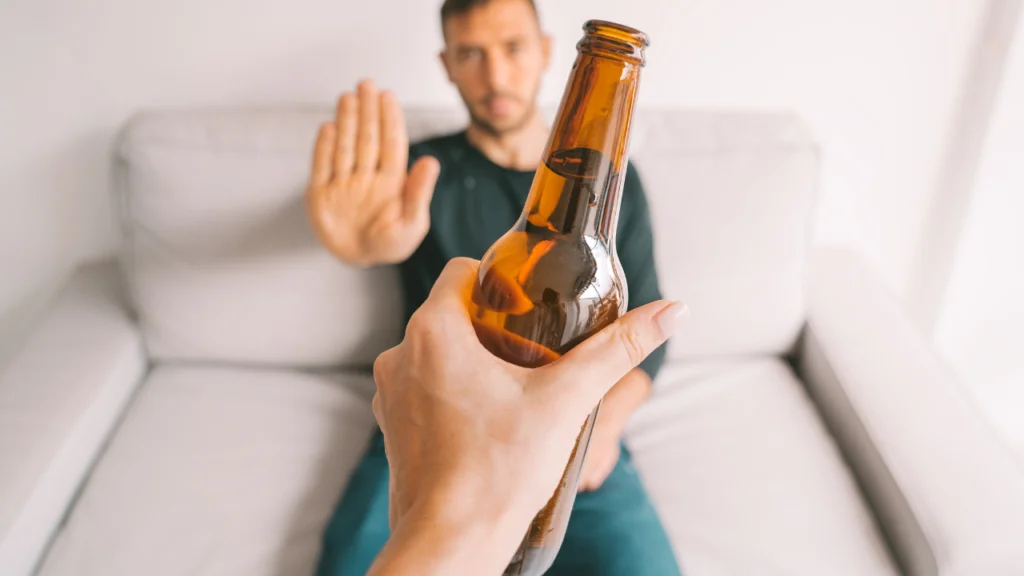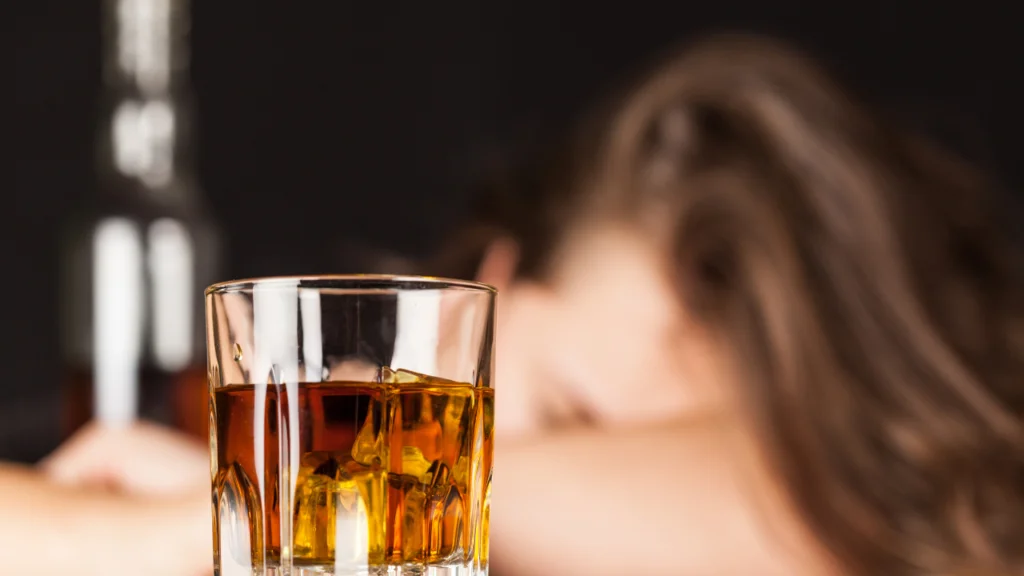The Complex Relationship Between Alcohol And Sexual Health: Exploring Effects, Risks, And Solutions 2024
Introduction
Alcohol utilization is a far reaching social movement that assumes a critical part in many individuals’ lives. While moderate liquor utilization might have a few seen benefits, unreasonable or untrustworthy drinking can unfavorably affect different parts of wellbeing, including sexual prosperity.
In this top to bottom investigation, we’ll dive into the multifaceted transaction among liquor and sexual relations, analyzing its consequences for sexual execution, conduct, and generally speaking sexual wellbeing. Moreover, we’ll talk about potential dangers related with liquor utilization with regards to sexual movement and investigate methodologies for advancing better connections and ways of behaving.

Grasping The Impacts Of Alcohol And Sexual Health
Impact of Alcohol on Sexual Health can be diverse, impacting both physical and mental parts of sexual way of behaving. While certain people might see liquor as a social grease that upgrades sexual encounters, it’s fundamental to perceive the likely disadvantages and dangers related with liquor utilization in sexual settings.
Physical Effects
Alcohol can influence different physiological cycles that are fundamental for sexual capability, including:
- Erectile Dysfunction: Excessive alcohol consumption can impair blood flow to the penis, leading to difficulty achieving or maintaining an erection — a condition known as erectile dysfunction (ED).
- Delayed Orgasm: Alcohol can delay or inhibit the orgasmic response in both men and women, potentially prolonging sexual experiences or preventing orgasm altogether.
- Reduced Sensation: Alcohol's numbing effects can dull sensation and decrease sensitivity, affecting sexual pleasure and satisfaction for both partners.
Gambles Related With Liquor And Sexual Action
The blend of liquor and sexual action can present different dangers and expected results, including:
- Weakened Consent: Alcohol consumption can impair judgment and hinder the ability to give informed consent, increasing the risk of rape, coercion, or non-consensual experiences.
- Increased Vulnerability: Intoxication can leave individuals more susceptible to abuse, manipulation, or exploitation in sexual settings, particularly in group environments or unfamiliar situations.
- STI Transmission: Engaging in unprotected sex while under the influence of alcohol can increase the risk of transmitting or acquiring STIs, as individuals may be less likely to use condoms or practice safer sex behaviors.
- Unplanned Pregnancy: Alcohol-related impairments in judgment or contraceptive use may contribute to unintended pregnancies, leading to significant emotional, financial, and practical consequences for individuals and couples.

Advancing Better Connections And Ways Of Behaving
To alleviate the potential damages related with liquor and sexual action, it’s pivotal to advance better connections and ways of behaving through schooling, mindfulness, and proactive intercessions. A few techniques include:
- Education and Awareness: Providing comprehensive sexual health education that includes information on the risks of alcohol use in sexual settings and strategies for safer sex practices.
- Consent and Communication: Promoting open communication, mutual respect, and consensual agreement in sexual relationships to ensure that all parties are willing and able to engage in sexual activity freely and without coercion.
- Safer Sex Practices: Encouraging the use of barrier methods, such as condoms, and regular STI testing as part of a proactive approach to sexual health and risk reduction.
- Responsible Drinking: Advocating for mindful alcohol consumption and moderation, including setting clear boundaries, understanding one’s tolerance, and avoiding pressure to drink beyond personal comfort levels.
- Supportive Environments: Creating supportive environments that prioritize safety, respect, and inclusivity, especially in social settings where alcohol use and sexual activity might intersect.

Conclusion
Alcohol and Sexual Health is complicated and nuanced, with both expected advantages and dangers to consider. While moderate liquor utilization may not be guaranteed to hurt sexual wellbeing, inordinate or untrustworthy drinking can prompt a scope of unfavorable results, from disabled sexual capability to expanded weakness and chance taking ways of behaving. By advancing training, mindfulness, and better relationship elements, we can make progress toward making more secure and seriously satisfying sexual encounters for people and networks the same. Through cooperative endeavors and proactive intercessions, we can explore the intricacies of liquor and sexual movement with more prominent mindfulness, obligation, and regard for one another’s prosperity.

.webp)



